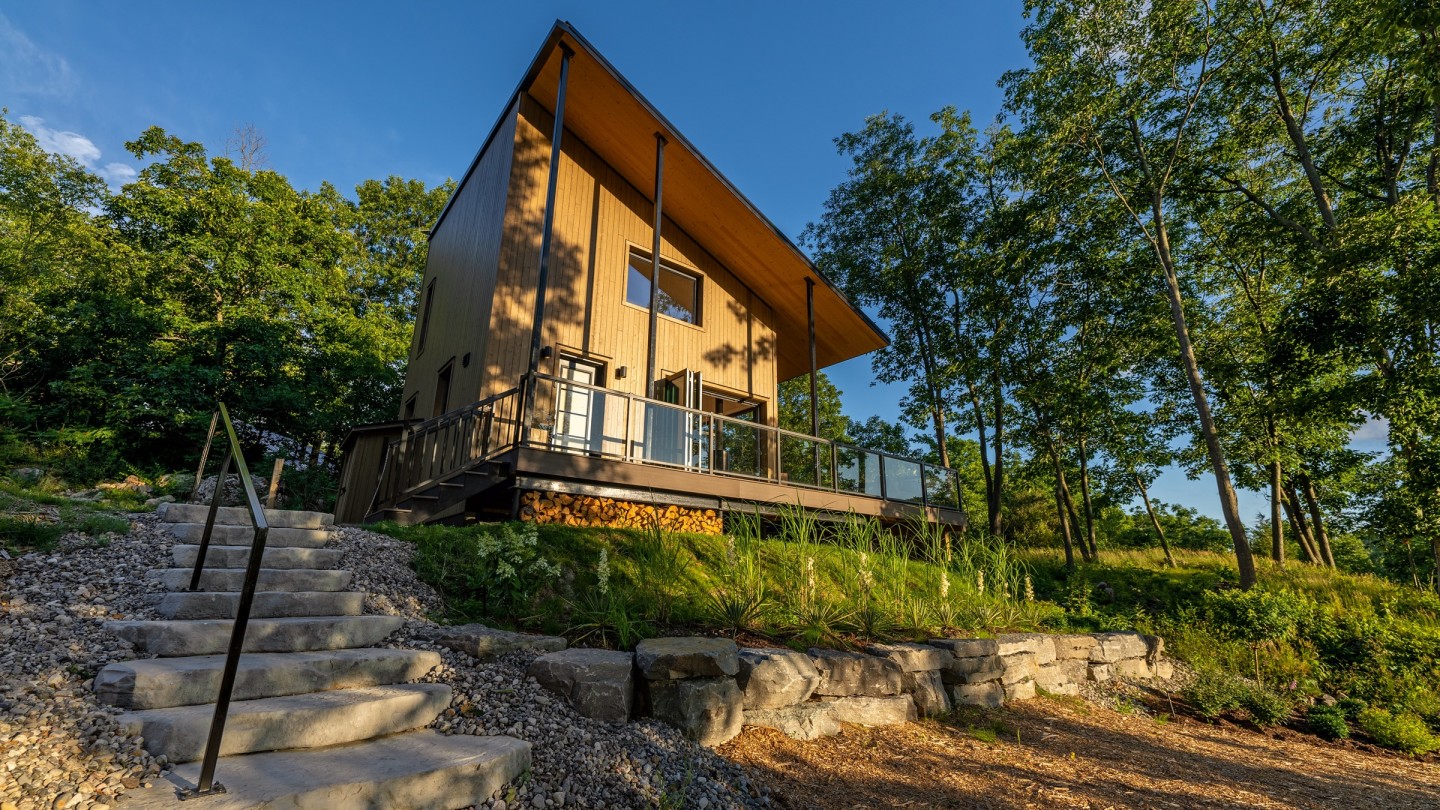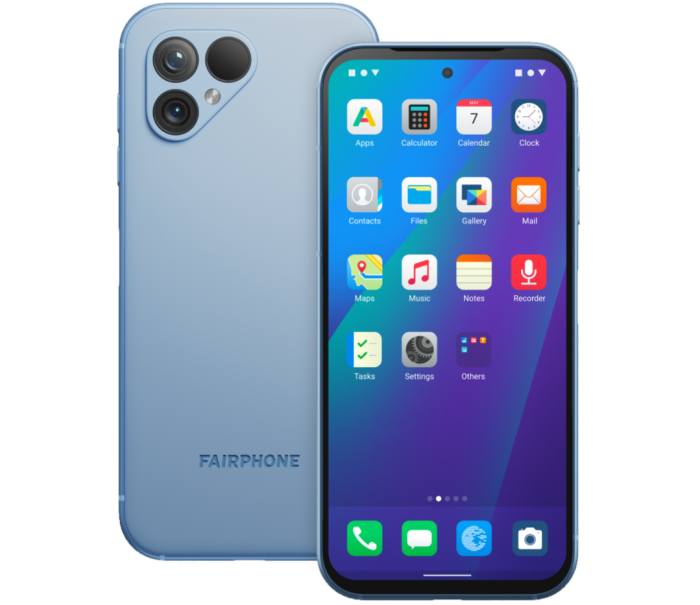Would you live in this net-positive, flat-pack home?

Roula Khalaf, Editor of the FT, selects her favourite stories in this weekly newsletter.
Cabin fever
Before he founded CABN, Jackson Wyatt was CEO of Greenlid, a Canadian firm that waged war on single-use plastic by making compostable household products out of waste materials. CABN focuses on something far bigger: the house itself. More specifically, it makes dwellings from sustainable materials, with the lowest possible energy consumption per square metre, which can be shipped efficiently and erected quickly. They’ve developed a range of self-sustaining homes that go beyond net-zero into the realms of net-positive, and can be placed (in Wyatt’s words) “almost anywhere” thanks to CABN’s preference for helical-pile foundations instead of concrete.
Wyatt describes one existing CABN building that appears as if balanced on a series of stone ledges. “Our client owns 150 acres between two national parks; it’s the most stunning vista,” he says. “Even to reach it he had to build a mile-and-a-half-long road. So there was no other solution than CABN unless he custom-built a $10mn property.” Its location means it’s off-grid not by preference, but by necessity and design. “This opens up so many new and beautiful areas for people to live in,” says Wyatt.

Ingenious solar roof systems coupled with careful window placement, shading and orientation means that the homes generate more energy than the occupants use – between 130 and 200 per cent, annually. Wyatt stresses that they were designed to operate in the Canadian climate. “Not to be braggadocious,” he says, “but everything is easier than dealing with -45C and heavy snowfall.” The list of tech incorporated in the buildings is long, but includes heat-recovery ventilators, high-performance radiant floor heating, cellulose-based insulation and air- or ground-source heat pumps.
The SON.DER sits in the middle of the range, a 750sq ft, one- or two-bedroom unit surrounded by 255sq ft of deck. It’s a refined prefab home of the future, flat-packed, shipped and assembled for you in a matter of days. The price includes thorough site assessments, cost analysis, site drawings and construction scheduling. CABN SON.DER, $299,000, cabn.co
No-fly zone

During Covid-19, millions of us got used to making video calls on a regular basis. Few of us, however, would describe those calls as life-like. Framery, a Finnish specialist in soundproof pods, has created a richer form of face-to-face communication with Contact, which allows you and a friend or colleague to be video projected, life-size, into each other’s pods. Dark backgrounds and acoustic isolation create an extraordinary level of social and spatial presence that verges on intimacy. Framery notes that while a single return flight between London and New York emits 1.7 tonnes of CO2, the combined manufacturing, recycling and five years of use of one Contact pod emits just 1.4 tonnes. Framery Contact, £24,000
Time and tide

Conservation advocacy group Oceana estimates that nearly 15mn tonnes of plastic enters the ocean every year. Swiss firm Tide Ocean SA upcycles ocean-bound waste for reuse in sustainable goods, and that material – branded as #tide – has been incorporated into the dial, strap, case and caseback of this new range of watches from Armitron. The Wave comes in black, navy, orange and teal colourways. While it’s not a chronograph (the three dinky subdials show date, weekday and 24-hour time), you’d be hard pushed to find a more attractive watch made from recycled plastic. Its sub-$100 price tag belies the quality of its finish. Armitron Wave, $95
Lead the charge

Our Pure Planet Wireless Charging Dock
The world is awash with portable speakers, chargers, power banks, earbuds and cables, but little heed is paid to the environmental impact of their production. Australian firm Our Pure Planet has launched 27 products that contain up to 80 per cent recycled plastic, come with NoCO2 Certification from the Carbon Reduction Institute and FSC-certified packaging materials, and work closely with The Plastic Collective to ensure that for every kilo of plastic they use, 2kg is prevented from entering the ocean. This charging dock has space for a phone, watch and earbuds, feels solid and works perfectly well – but its function and form aren’t meant to be remarkable. Its provenance is. Our Pure Planet Wireless Charging Dock, £114.99
Call it

Murena Fairphone 5
When I started writing about technology 20 years ago, I greeted nearly every development with breathless excitement. These days, its negative impacts – personal, social, environmental – loom large. Those who care deeply about such things may find succour in the Fairphone 5, the latest version of the repairable, ethically manufactured smartphone. If you opt for the Murena-branded version, you’ll sever your links with Silicon Valley even further: its privacy-focused (“de-Googled”) e/OS operating system comes with its own tracking-free apps for browsing, email, docs, calendar and so on. It provides a valuable reminder of how entwined with big tech we have become. Murena Fairphone 5, £670

Comments